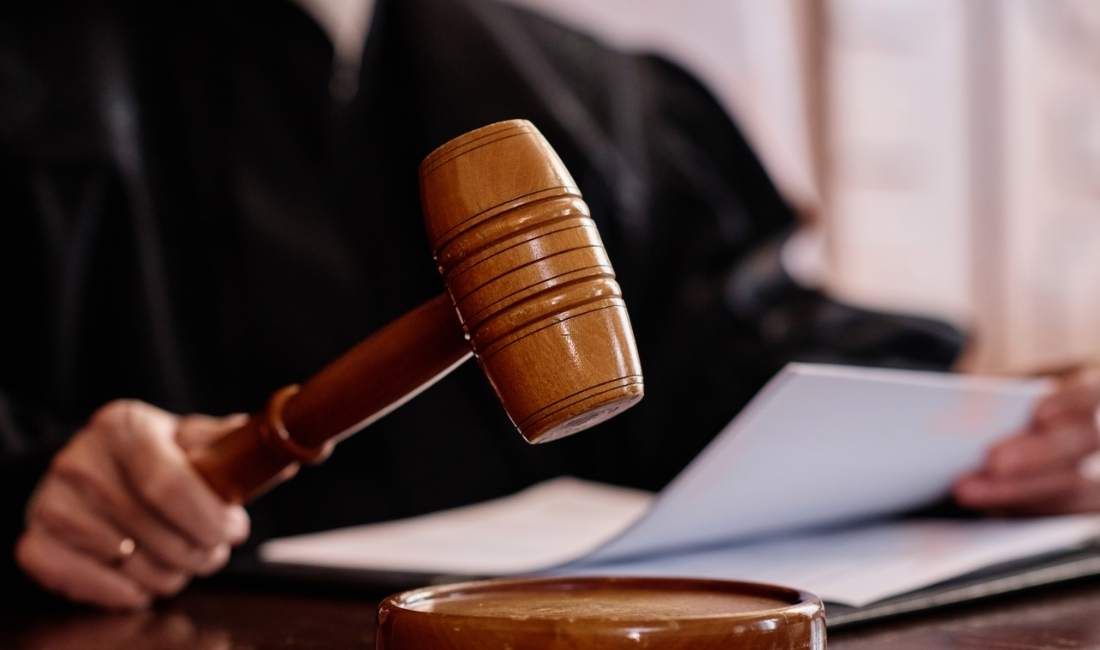Double Standards on Fiddling Expenses

Whilst peers who fiddle their expenses are allowed to quit without an investigation, the general worker would not be given the same privilege by their employer.
Privileges Committee Deems Investigations ‘Disproportionate’
The House of Lords Privileges Committee has announced that it will not investigate peers suspected of breaking parliamentary rules or fiddling their expenses once they have resigned. The committee argued that pursuing a formal inquiry would be “disproportionate” given that the harshest sanction available is a public admonishment.
Concerns Over Public Trust and Accountability
Sir Alistair Graham, former head of the Commons Committee on Standards in Public Life, warned that this move could severely erode public trust. He stated:
“If there is the possibility of an abuse of public funds then I would have thought they have a public duty to investigate, even though they are retiring from the House of Lords. There is always the possibility a criminal offence might have been committed — it’s an overly casual approach to these matters. We will just get an increased disengagement from the public.”
Past Cases Highlight Ongoing Issues
The first opportunity to retire from the Lords was introduced in 2014. In 2015, Lord Sewel resigned amid allegations of Class A drug use at a private gathering. The Lords initiated a formal investigation but closed it upon his resignation.
Another high-profile example is Lord Hanningfield, who was jailed after he was found to have falsely claimed overnight expenses. These incidents raise questions about the effectiveness of the current rules in holding peers to account.
Committee’s Rationale for Terminating Investigations
The Privileges Committee explained that:
- “The only sanction that could result from a finding that a former member had breached the Code would be an admonishment by the House.”
- “Stronger sanctions—expulsion, suspension, denial of access to House facilities or financial support—would be unavailable.”
- “Enforcing repayment of improperly claimed expenses could only be achieved through legal action, which would reopen the matter in court.”
- “Former members cannot be compelled to cooperate with investigations.”
- “Members facing serious allegations might choose not to retire if they knew they would still be investigated, reducing the incentive to step down.”
For these reasons, the committee recommends that any investigation underway at the time of a peer’s resignation should terminate immediately.
Read More on Expense Accountability
Explore our analysis of similar issues in “Double Standards on Fiddling Expenses” for further insight into parliamentary expense controversies.
workersofengland.co.uk | Independent Workers Trade Union





